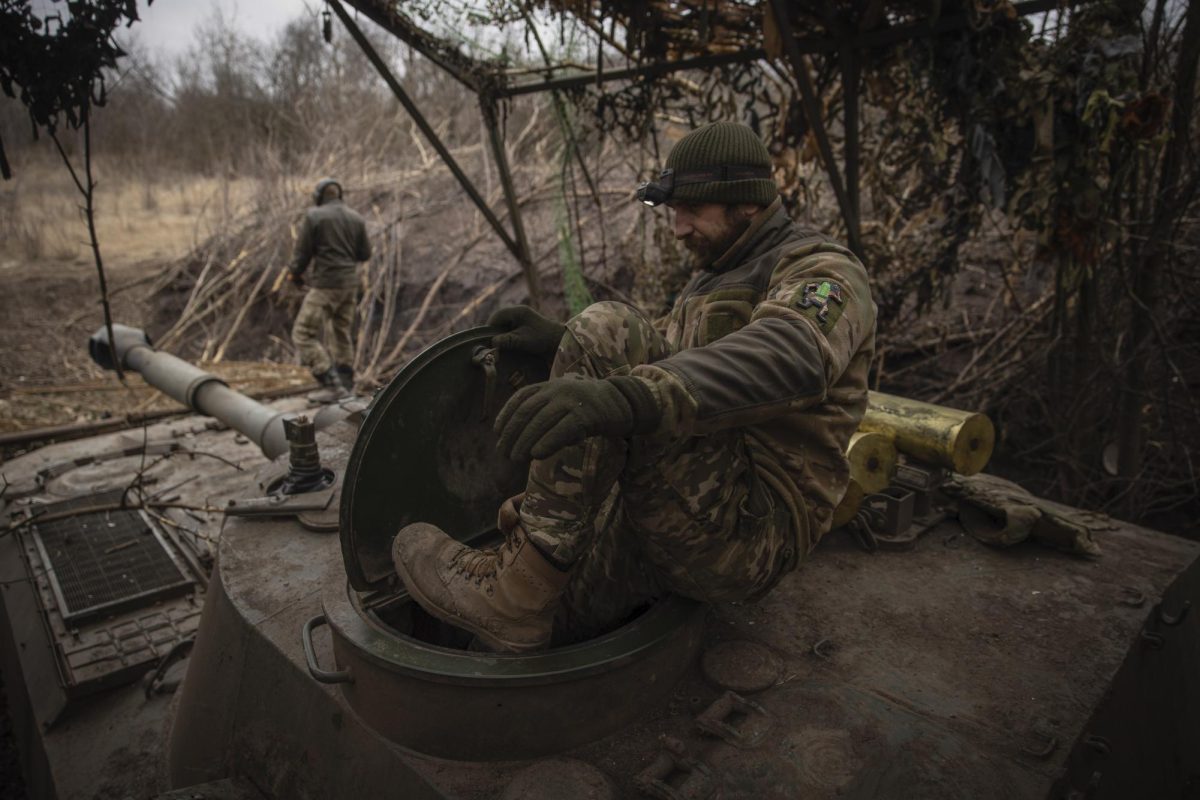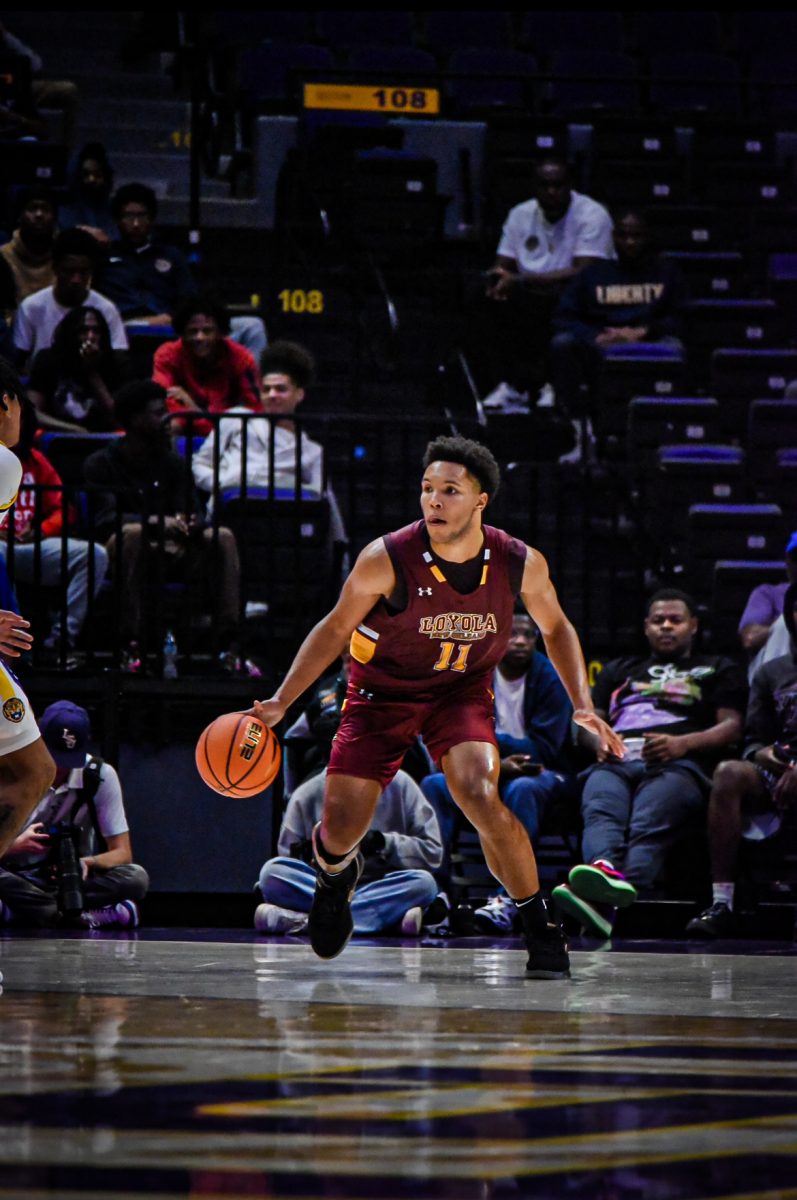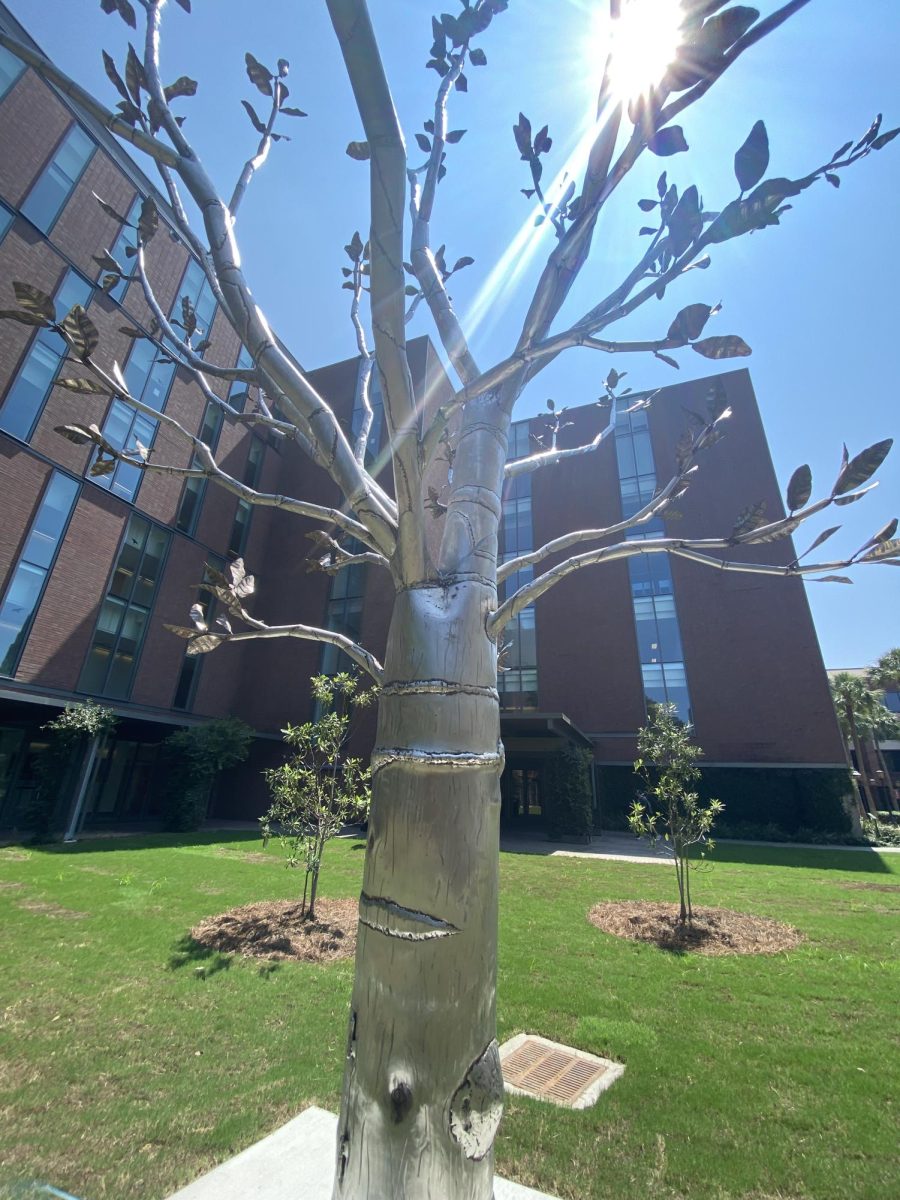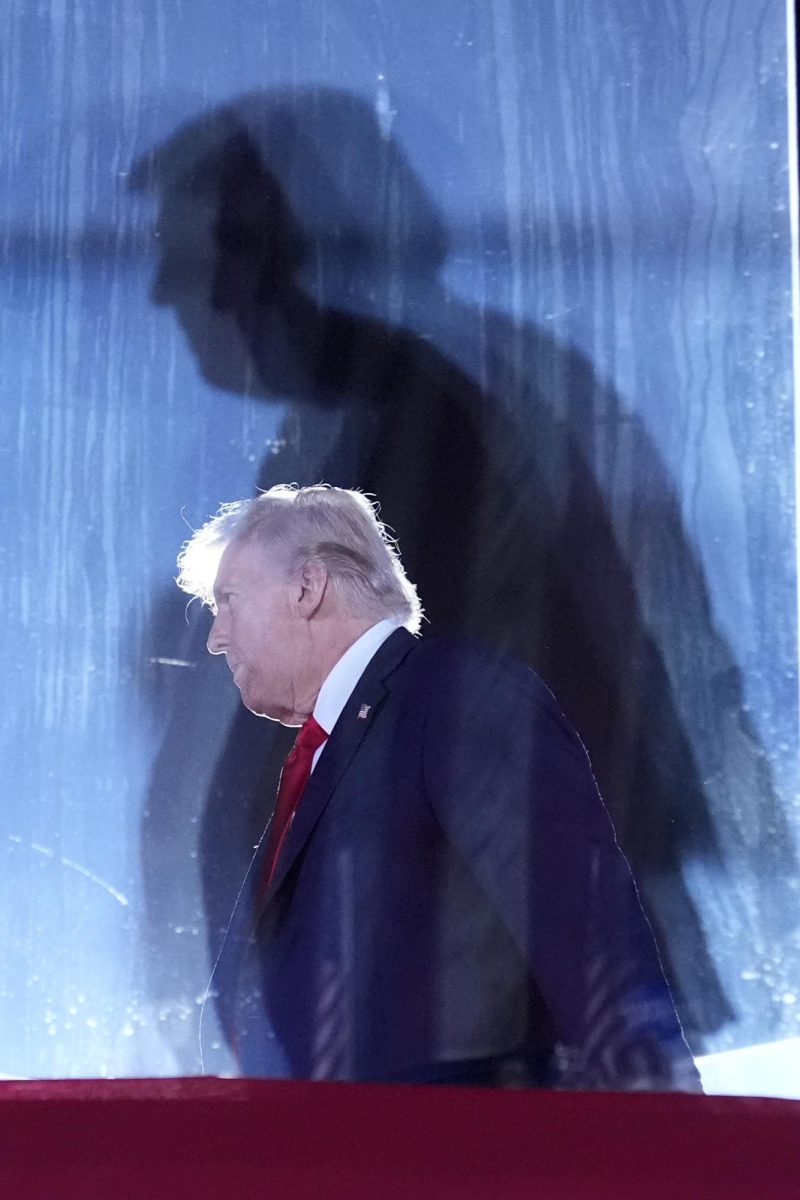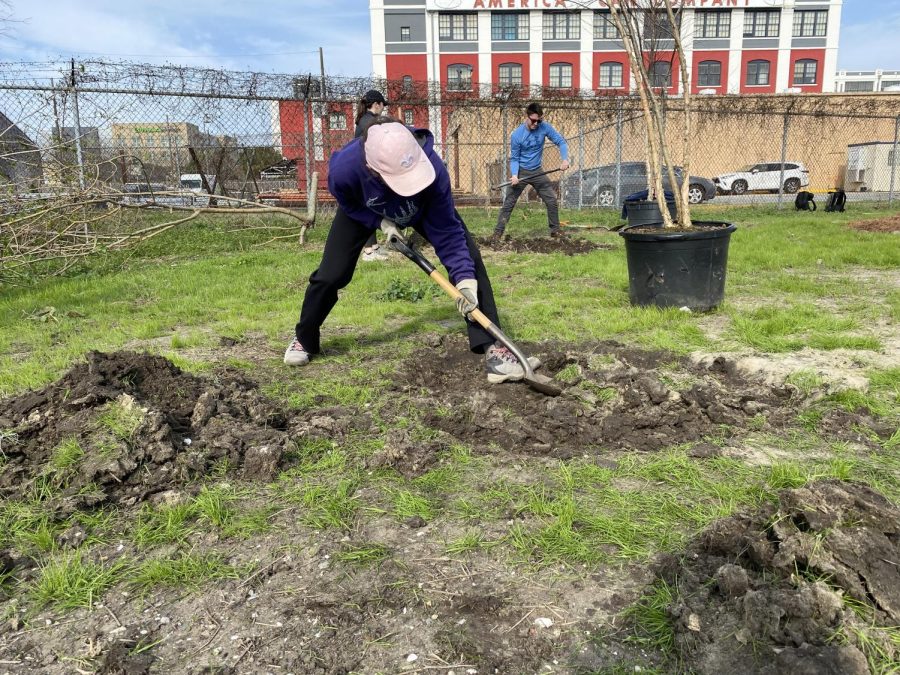As Russia comes closer to its presidential election in March, Ukrainian efforts to stave off Russian aggression continue.
The international consensus regarding the election is that incumbent Russian President Vladimir Putin, whose re-election campaign was announced in December of last year, will secure his third term as president with minor opposition.
With prominent critics who could challenge him either jailed or living abroad and most independent media banned, his reelection in the March 15-17 presidential vote is all but assured.
One aspect of Putin’s reelection campaign is focused on making leeway in regards to ending the Russia-Ukraine war, which is still referred to as a “special military operation” by state-backed media in Russia. The emphasis placed on the conflict in Ukraine is a reflection of the progress made by the Ukrainian military in combating Russian forces which, in turn, has caused further damage on the public perception of President Putin.
Following a series of drone attacks on Russian infrastructure in St. Petersburg and port cities throughout the Black Sea, a Ukrainian missile attack occurred in the Russian border city of Belgorod killing 25 people and injuring 100 more. This level of offense is a development in terms of Ukraine’s capabilities for direct action against Russia.
This latest stage of development in the Russia-Ukraine war is characterized by increased Ukrainian attacks against Russian critical infrastructure, retaliatory attacks against cities like Belgorod and greater strikes against Russian military bases in Crimea.
As a result of these developments, the upcoming Russian presidential election has taken on dimensions that create major implications for the future of the Russia-Ukraine war.
Late Putin opposition figure Alexei Navalny has reflected on these dimensions in a public statement.
“Putin views this election as a referendum on approval of his actions. A referendum on approval of the war” while urging his supporters to encourage protest against the upcoming election in order to show that “the will of the majority is that Putin must leave,” Navalny said.
On Feb. 16, Navalny was confirmed to have died while imprisoned at the “Polar Wolf” Arctic penal colony on charges of extremism.
The political atmosphere of Russia in regards to the Russia-Ukraine war becomes increasingly polarized as the Russian presidential election draws near.
The death of Navalny, the frequency of Ukrainian defensive strikes on Russian soil, and conditions like the recent charges against Russia that Ukraine has presented to the International Court of Justice regarding Russia’s claims of genocide are expected to have an internal effect on the consciousness of the Russian people as the presidential election draws near.
Reflecting on the change in attitude towards the Russia-Ukraine war, Filippo Grandi the United Nations High Commissioner for refugees, said “I think the big difference from last year to this year is that this year, this is not news anymore in the world.”
The Associated Press contributed to this report.


